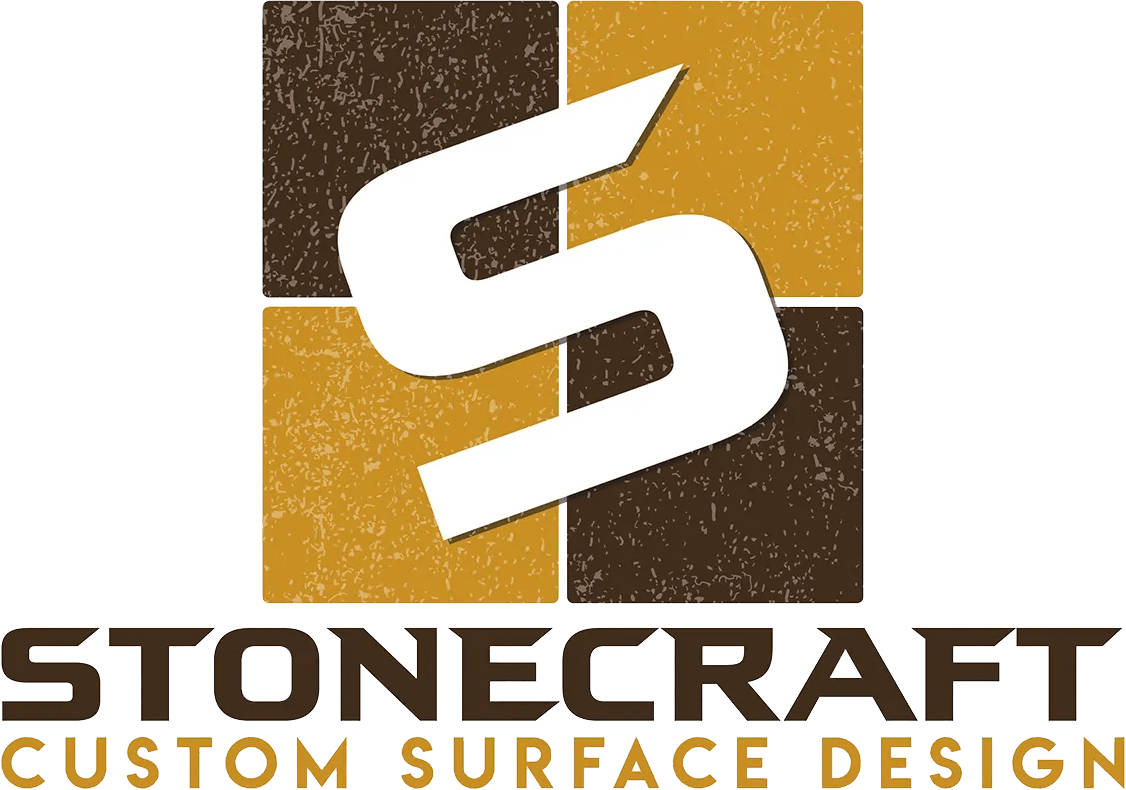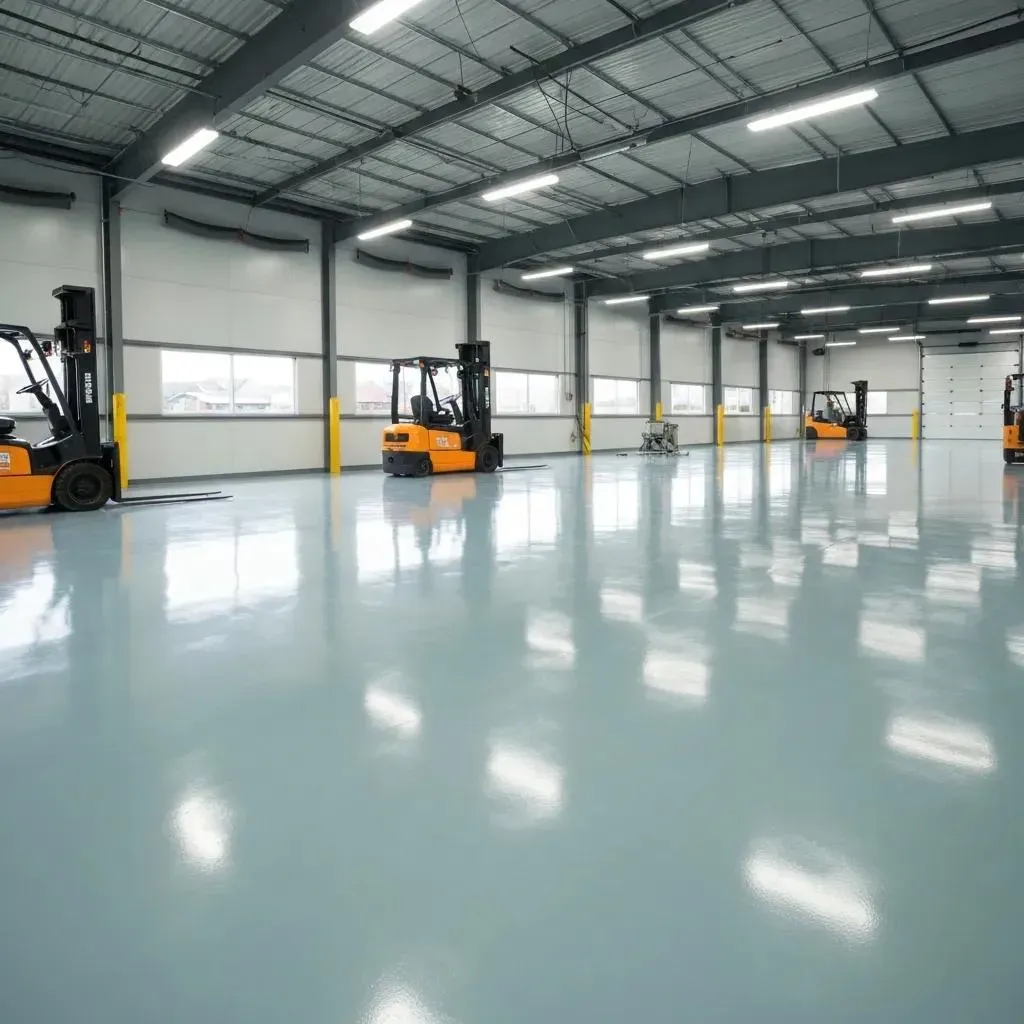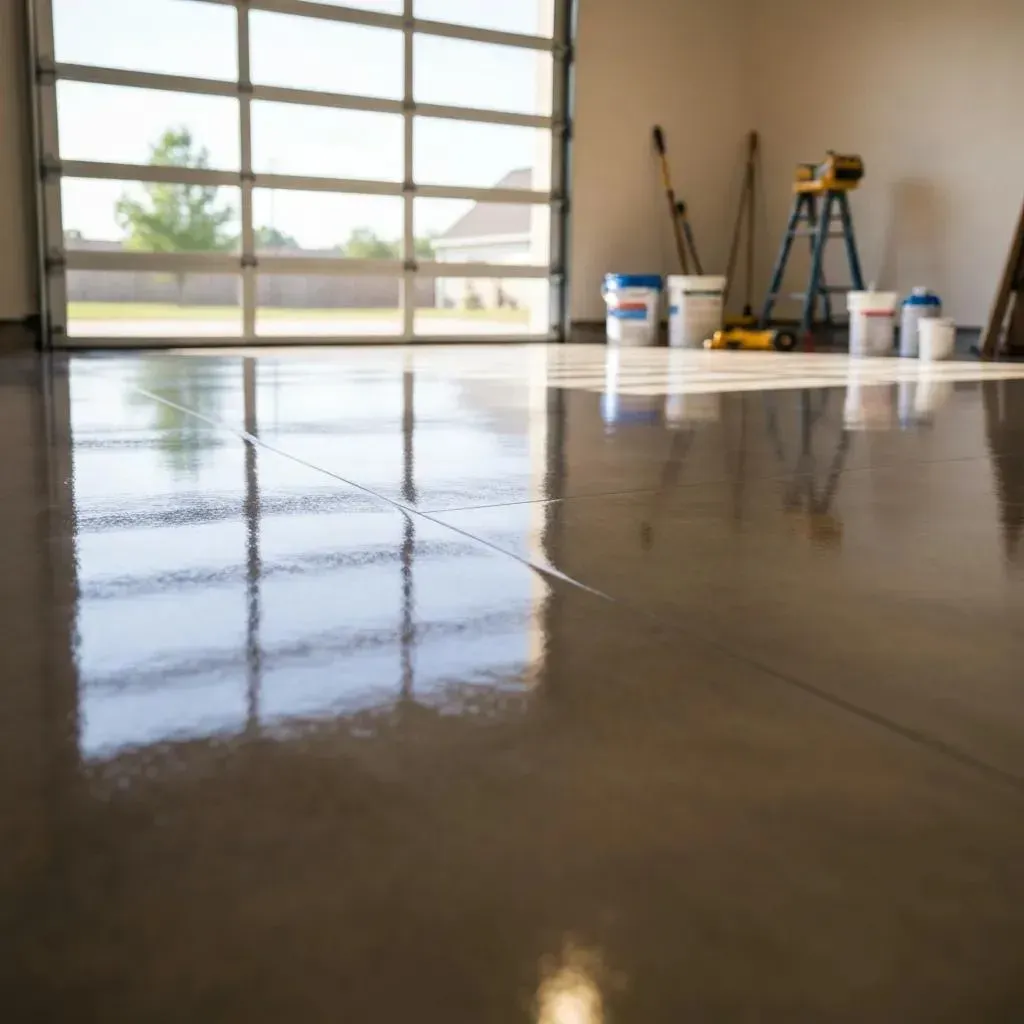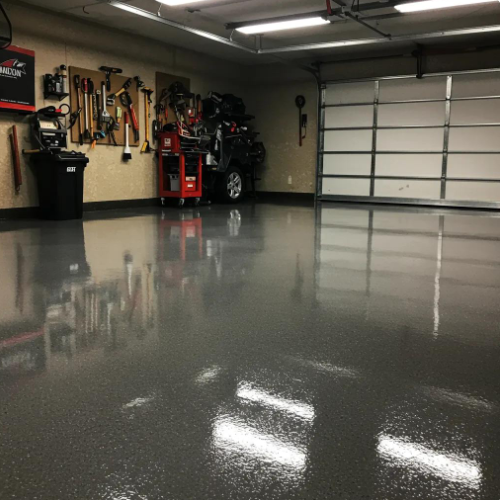Discover StonecraftNJ: Premier Concrete Epoxy Flooring in New Jersey
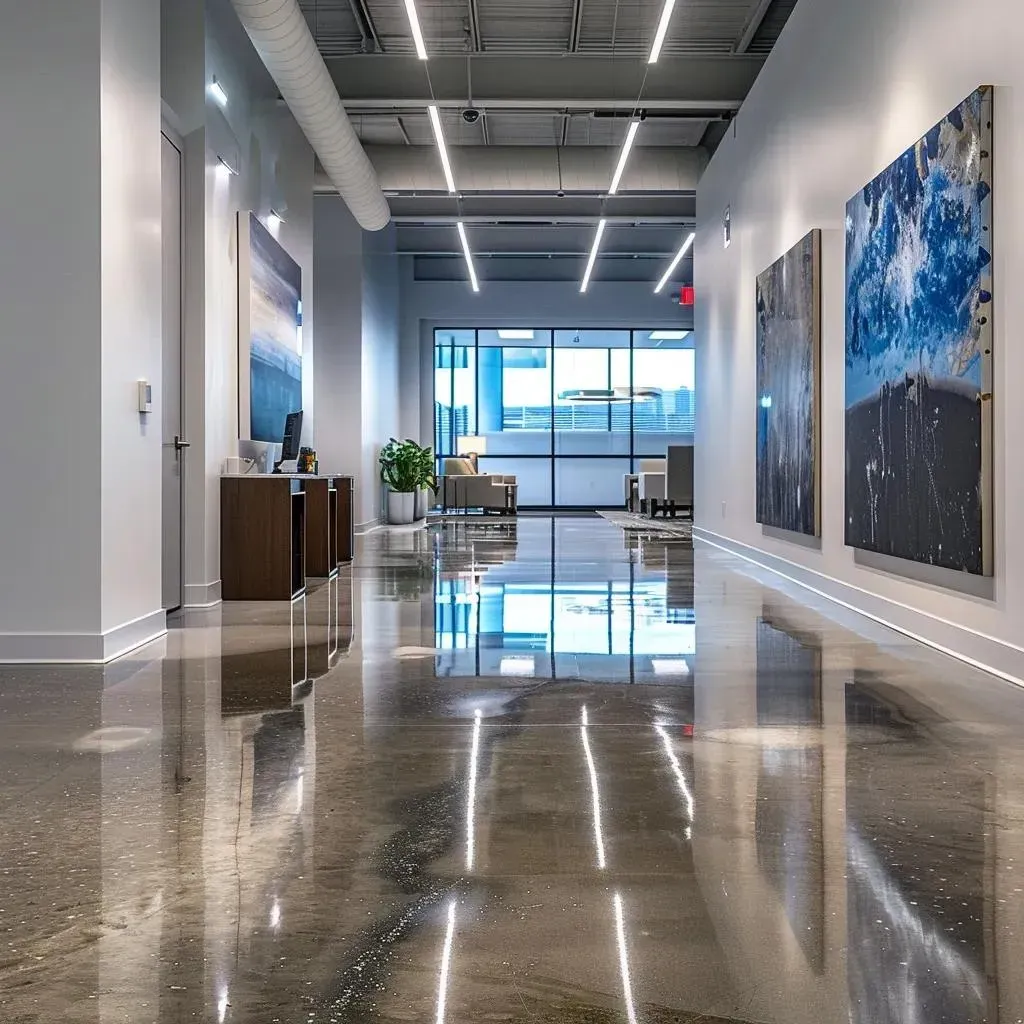
In the dynamic landscape of New Jersey's architecture and interior design, from the bustling urban centers to the serene suburban enclaves, property owners are continually seeking flooring solutions that combine aesthetic appeal with unparalleled durability and functionality. Traditional flooring materials often fall short in high-traffic areas, commercial spaces, or environments demanding exceptional resilience. This is where specialized flooring companies, like StonecraftNJ, step in, setting the benchmark for premier concrete and epoxy flooring solutions across the Garden State.
As of July 10, 2025, StonecraftNJ has firmly established itself as a leading authority in the concrete and epoxy flooring sector, renowned for transforming ordinary surfaces into extraordinary design statements. They don't just lay floors; they craft innovative, long-lasting solutions that cater to a diverse clientele, from homeowners looking to revolutionize their garage or basement to businesses seeking robust and visually striking commercial spaces. Their reputation is built on a foundation of meticulous craftsmanship, cutting-edge materials, and a deep understanding of client needs.
The Power of Concrete: Beyond the Industrial Look
For many, concrete conjures images of utilitarian, uninspired surfaces. StonecraftNJ shatters this preconception, showcasing concrete's incredible versatility as a high-end design element. Their expertise in decorative concrete applications allows for a breathtaking array of possibilities:
- Polished Concrete: Offering a sleek, modern, and often industrial-chic aesthetic, polished concrete is ideal for retail spaces, art galleries, contemporary homes, and even large commercial lobbies. StonecraftNJ precisely grinds and polishes concrete to achieve varying levels of sheen, from a satin finish to a reflective mirror-like surface, creating a sophisticated and easily maintainable floor.
- Stained and Dyed Concrete: Through the application of acid stains or water-based dyes, StonecraftNJ can infuse concrete with rich, translucent colors that penetrate the surface, creating mottled, earthy, or vibrant effects. This technique allows for unique, organic looks that cannot be replicated by other flooring types, perfect for adding character to showrooms, restaurants, or residential living areas.
- Stamped Concrete: Primarily used for outdoor applications like patios, driveways, and pool decks, stamped concrete mimics the look of natural stone, brick, slate, or wood. StonecraftNJ's skilled artisans use specialized mats to press patterns into freshly poured concrete, offering a cost-effective alternative to genuine materials while delivering exceptional durability and visual appeal. This is a popular choice for enhancing outdoor living spaces across New Jersey.
- Overlays and Microtoppings: For existing concrete that may be worn or damaged, StonecraftNJ can apply thin concrete overlays or microtoppings. These can then be stained, polished, or textured to create a fresh, new surface without the need for costly demolition and repouring.
Epoxy Flooring: The Epitome of Durability and Versatility
Epoxy flooring systems are where StonecraftNJ truly excels in delivering solutions that are not only aesthetically pleasing but also engineered for extreme performance. These multi-layer coating systems are applied over concrete, creating a virtually impenetrable surface with a host of benefits:
- Exceptional Durability and Chemical Resistance: Epoxy floors are renowned for their incredible strength, resisting abrasion, heavy foot traffic, impacts, and a wide range of chemicals, including oils, acids, and solvents. This makes them ideal for garages, industrial facilities, laboratories, commercial kitchens, and automotive shops where spills and heavy use are common.
- Enhanced Safety: StonecraftNJ can incorporate anti-slip aggregates into epoxy coatings, creating slip-resistant surfaces crucial for safety in wet environments or areas prone to spills, such as commercial kitchens, restrooms, or residential basements.
- Hygienic and Easy to Clean: The seamless, non-porous nature of epoxy eliminates grout lines and crevices where dirt, bacteria, and allergens can accumulate. This makes epoxy floors incredibly easy to clean and sanitize, making them perfect for healthcare facilities, food processing plants, and even residential homes aiming for superior indoor air quality.
- Customizable Aesthetics: The design possibilities with epoxy are vast. StonecraftNJ offers an extensive palette of colors, from solid hues to intricate patterns achieved with decorative flakes (creating a granite-like look), metallic pigments (for a stunning, flowing, pearlescent effect), and custom logos or demarcation lines. This allows businesses to reinforce their branding and homeowners to create truly unique spaces.
- Moisture Mitigation: For basements or areas susceptible to hydrostatic pressure, StonecraftNJ utilizes specialized epoxy systems that act as effective moisture barriers, preventing water vapor from damaging the flooring system or creating dampness issues.
StonecraftNJ's Commitment to Excellence
What sets StonecraftNJ apart is not just their comprehensive range of services but their unwavering commitment to client satisfaction and quality. Their process typically involves:
- Thorough Consultation: Understanding the client's specific needs, budget, and aesthetic preferences is paramount.
- Expert Preparation: The longevity of any concrete or epoxy floor hinges on meticulous surface preparation, including grinding, cleaning, and crack repair, which StonecraftNJ executes with precision.
- Skilled Installation: Their team of certified technicians possesses the expertise to apply these complex systems flawlessly, ensuring optimal adhesion and a perfect finish.
- Post-Installation Support: Providing guidance on maintenance and care to ensure the longevity and beauty of the new floor.
For businesses and homeowners across New Jersey seeking flooring solutions that offer a perfect blend of high performance, stunning aesthetics, and lasting value, discovering StonecraftNJ is an essential step. They are transforming floors from mere surfaces into integral components of a property's design and functionality, proving that with the right expertise, concrete and epoxy can truly be considered premier flooring choices.
